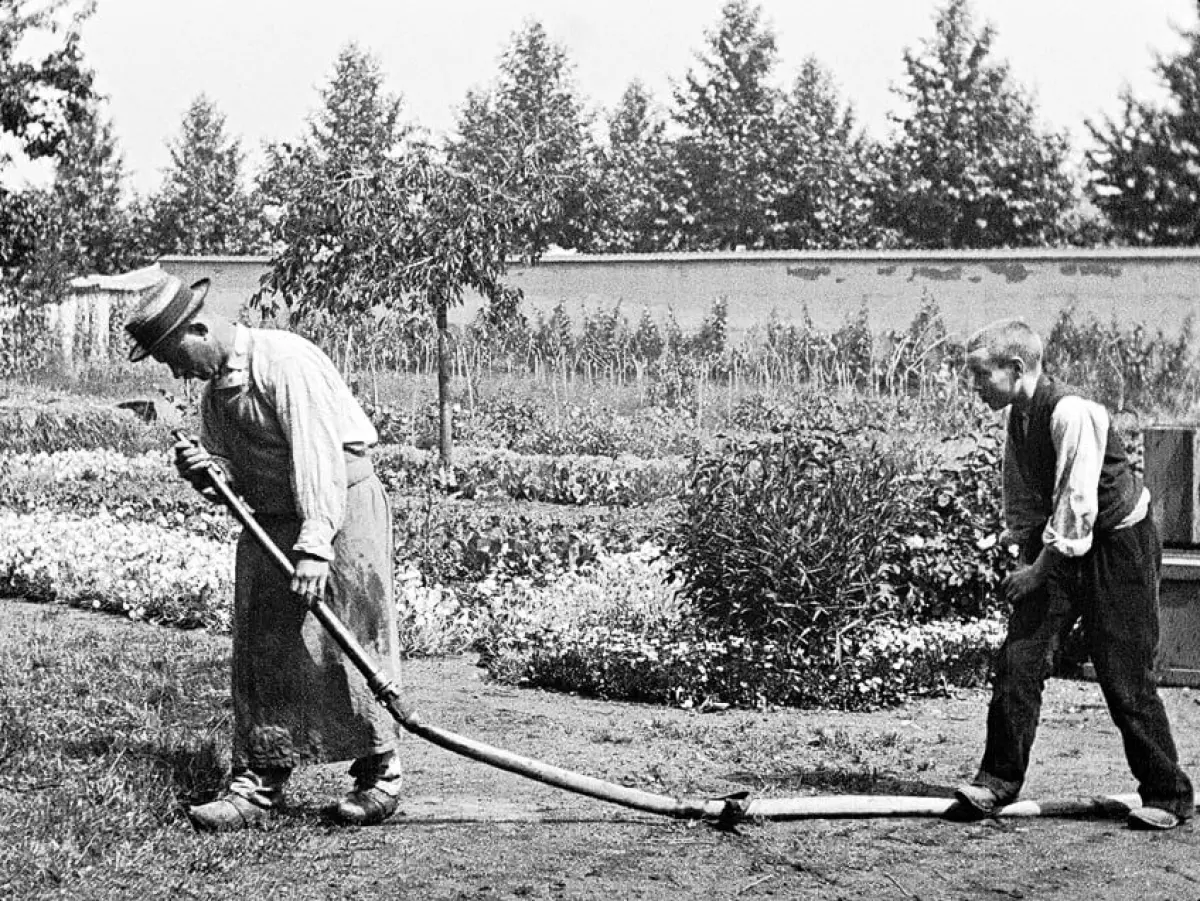Before I got sober, relapse was a common occurrence in my life. The confidence I felt in my sobriety would often shatter, and I would find myself at the corner store, purchasing a twelve pack of cheap beer. Again. Sitting on the couch, tears streaming down my face, with a twelve pack on the floor, I would reflect on the responsibilities I was neglecting and the potential loss of everything and everyone I held dear.
Restoring Self-Respect After a Relapse
Relapsing often left me weighed down by shame and guilt. These negative emotions would frequently drive me further into substance abuse. However, once I gathered the resolve to quit and get sober again, I discovered effective ways to rebuild my damaged self-esteem.
Here's how I regained my sense of self-worth and finally reclaimed it for good.
#1 Take Care of Business
 Caption: After a relapse, there’s damage control to be done. Catching up on work or school, ensuring bills are paid, or simply doing the laundry may seem daunting, but it's crucial to take care of these essentials before refocusing on recovery.
Caption: After a relapse, there’s damage control to be done. Catching up on work or school, ensuring bills are paid, or simply doing the laundry may seem daunting, but it's crucial to take care of these essentials before refocusing on recovery.
#2 Make Amends
When we relapse, our relationships with friends and family often suffer. It is imperative to have open and honest conversations with those affected. Taking responsibility and asking for forgiveness for missed responsibilities or the fear we caused our loved ones is necessary for healing.
#3 Forgive Yourself
The quickest path back to relapse is through self-condemnation. Trust me, I know—I was the queen of negative self-talk. Recovery is challenging; if it were easy, everyone would do it. Rebuilding ourselves and embarking on the journey towards long-term recovery is only possible when we make peace with ourselves.
#4 Make a Plan
After my final relapse, someone in my support group asked, "What's your plan for things to be different now?" I believed I had been doing everything right: attending meetings, reading recovery literature, avoiding triggers. But I realized I needed to reduce stress in my life, enhance my meditation practice, and avoid dramatic people and situations to prevent another relapse. I made some difficult decisions, including leaving a stressful job and ending a toxic relationship. Yet, none of these choices were as frightening to me as the prospect of finding myself on that floor again, surrounded by empty beer cans.
#5 Ask for Help
Now is not the time to tough it out alone. Whether it's support groups, therapists, religious leaders, or friends and family, seek assistance. Not everyone in your circle may be equipped to help, so try to find professionals who specialize in understanding and supporting individuals like you.
Picking Up the Pieces
Picking up the pieces after a relapse can be one of the most daunting aspects of recovery. Feelings of failure, the fear of letting everyone down, and the belief that all your hard work has been wasted may overwhelm you. But remember, many of us have been through it, and you can overcome it too.
















